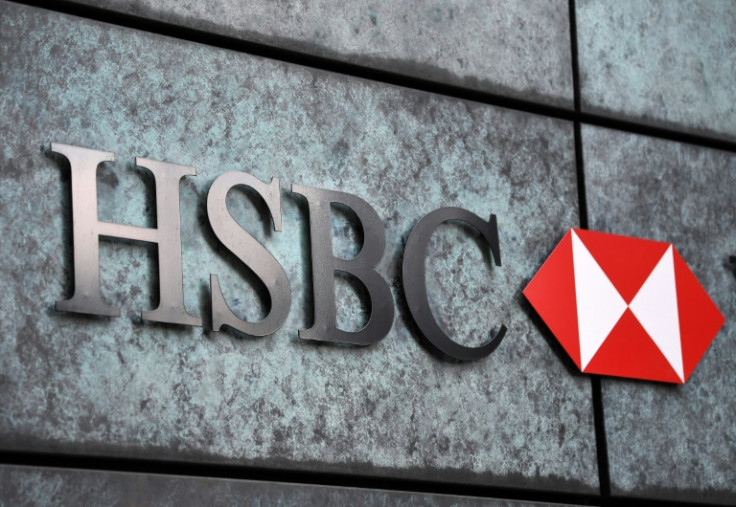Navigating China's Real Estate Crisis: HSBC Reports Significant Quarterly Profit Drop
HSBC Holdings PLC, the biggest bank in Europe by market value, revealed a substantial 80% plunge in pretax profit for Q4 2023. The sharp decline is primarily attributed to major write-offs tied to its investments in China's financial sector and exposure to the troubled real estate market in the country.

The Asia-focused lender declared Wednesday that its quarterly profit dropped, citing a $3 billion impairment charge on its stake in China's Bank of Communications (BoCom) and another $2 billion charge from the sale of its retail banking operations in France. Additionally, the bank allotted $3.4 billion to make up for expected credit losses connected to the mainland Chinese commercial real estate sector.
"Backing out a lot of the mess, it looks like performance was a little worse than expected with higher operating costs more than offsetting slightly better impairments," said Matt Britzman, an equity analyst at Hargreaves Lansdown.
HSBC, which has long been bullish on China, preserved a positive outlook despite the challenging economic landscape. Chairman Mark Tucker emphasized the bank's confidence in China's economic prospects, highlighting the nation's gradual recovery and supportive policy measures aimed at bolstering the property sector.
However, China's real estate market has been in trouble since 2021, struggling with a prolonged slump made worse by government restrictions on borrowing by developers. The fallout has seen numerous major developers default on their debts, with Evergrande, once a prominent player in the sector, being compelled to liquidate last month.
The financial fallout from HSBC's China investments overshadowed its record annual profit of $30.3 billion for 2023 and with a huge 78% increase from the previous year. Despite the bank's optimistic projections, its quarterly pretax profit of $1 billion marked an 80% decline from the same period in 2022.
George Elhedery, HSBC's group chief financial officer, explained during an earnings call that the impairment provision on its BoCom stake wasn't directly tied to the woes of China's commercial real estate sector but rather stemmed from broader macroeconomic considerations. CEO Noel Quinn affirmed this sentiment, highlighting the strategic importance of HSBC's longstanding relationship with BoCom and its commitment to the Chinese market.
Nevertheless, the bank's offshore exposure to mainland Chinese commercial real estate has dropped, providing some reassurance amid the ongoing market turbulence. HSBC subsidiary Hang Seng Bank reported a 33% reduction in its exposure to China commercial real estate, indicating a cautious approach towards new financing in the sector.
Other banks operating in Hong Kong, including Bank of East Asia and DBS Bank (Hong Kong), also struggled with mounting provisions and shrinking exposure to mainland property developments.
Despite the challenges posed by China's property turbulence, HSBC remains persistent on its strategic divestments, including the sale of HSBC Bank Canada and its French retail banking business, aimed at bolstering shareholder returns. The bank's decision to embark on these divestitures marks its commitment to optimizing its portfolio and navigating the changing economic landscape.
© Copyright IBTimes 2025. All rights reserved.






















